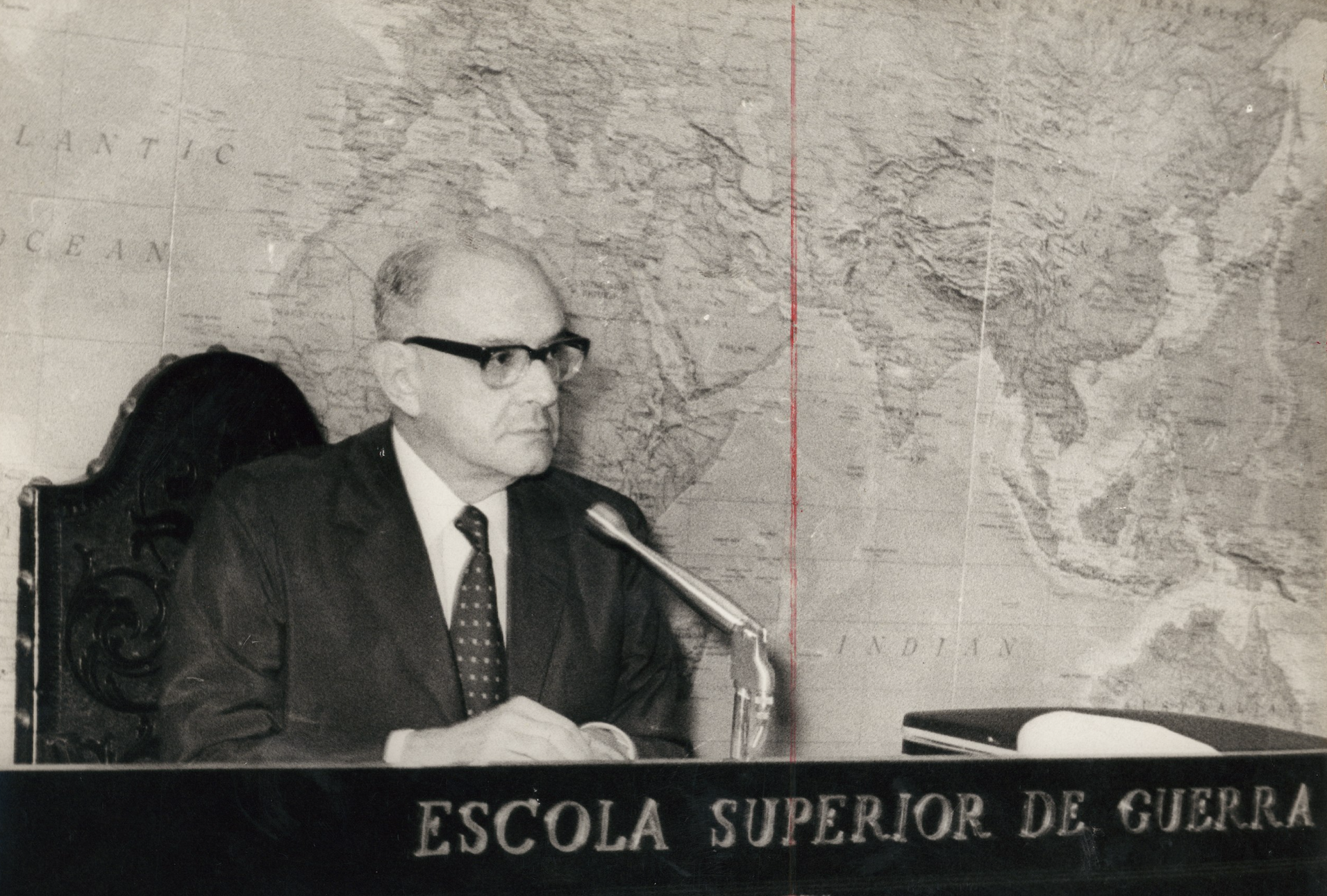The four years of Bolsonaro’s government gave the false impression to a good part of public opinion, national and international, that the ills of Brazil had their origin in his administration, which was only possible thanks to the Operation Car Wash (Operação Lava-Jato) that “criminalized politics”. Nothing could be further from reality.
It is necessary to recognize that the “criminalization of politics” is an old subject in our country, and it did not start with Operation Car Wash. Political participation outside the ruling elites’ framework was never part of our daily life as a nation. Just look that from the regency period in the Empire (1831-1840) until 1964, the emergence of new actors often resulted in revolutions and counter-revolutions due to the fragility of participation channels that we had established during this period.
Although in 1930 we finally opened spaces for the institutional protagonism of workers and women, the process of accommodating new protagonists was interrupted by authoritarian experiences (Estado Novo and Military Regime) that re-founded the political system in the opposite direction and reformed the Constitution so that democratic stabilization was only achieved in 1985.
Along this path, the regime of ample freedom and political participation came to light without the prior consolidation of a political competition system that would have educated citizens about disputes in the public arena (civic culture), nor established virtuous participatory channels accessible to all (associativism), not to mention the legal framework curtailed by circumstantial interests. Thus, the new protagonists, many of them emigrants from the countryside, had densified the suburbs of cities (metropolization) without transforming their culture of political resignation and cronyism with the traditional holders of power (Coronelismo) from rural areas.
The result of the “ruralization of the cities” could not have been good, but its implications for the democratization process – noted by authors such as Caio Prado Jr. (1942) and Victor Nunes Leal (1947) – were ignored by the “optimism of will” in the name of the struggle for re-democratization (1970-1980); and, of course, what it implied as a perspective of power. The refusal to face the issue endures to this day, although the signs of the problem have become inescapable.
Chaguismo is an important marker for understanding this issue since it was a kind of preview of the phenomenon that would later consolidate within the Brazilian Democratic Movement Party (PMDB) after the Cruzado Plan (1986), when this party elected 22 of the 23 governors, 38 of the 49 senators, and obtained an absolute majority in the Federal Chamber of Deputies with 260 representatives, figures never reached by any other political party.
Antonio Chagas Freitas was a journalist and politician who dominated, with a marked clientelist style, the politics of Rio de Janeiro between 1970 and 1982, and became governor of this important state. Chagas Freitas, consolidated his local power in the former capital of the country without making effective opposition to the Military Regime, guiding his political action by the blunt use of the state as an “electoral machine”, reducing the party to a mere instrument for the practice of favoritism policies. Despite the short duration of his power (12 years), his practices extended to the PMDB and the new parties that emerged after 1979. The only one that distinguished itself in this panorama was the Workers’ Party (PT).
The PT would grow not only betting on militant engagement, but explicitly opposing the “Chaguista” practices through the banner of “ethics in politics”, attracting the votes of those disaffected with PMDB and leaking out the two newly legalized (1985) communist parties (1985). In addition, PT was anathematizing the PSDB – a party dissident from PMDB – as the “new packaging of the old political system” in disrepute.
Once in office (2002), however, the Workers’ Party soon realized that “ethics in politics” had limited reach in public opinion. From being a powerful springboard for the conquest of power, such a flag would come to be seen as a limiter to the full exercise of power, which caused it to be replaced by the inclusive flags of identitarianism and the fight against hunger and poverty.
The new formula was a known success until the population began to feel the weight of the bill to be paid for the inclusion pact put into practice by a wasteful and inefficient state. With no economy capable of sustaining the income of higher-level groups, the retreat to state services in sensitive sectors such as basic education, health care, and security, also revealed to those emerging another aspect of the PT inclusion model: equalizing society at the level of expanding the supply of public services without changing their quality. Soon (this social awareness would explode in the streets in 2013 and lead to the fall of the PT in 2016, making room for a far-right opposition in the 2018 elections.
Bolsonaro’s failure and Lula’s return to power inevitably bring us to the question: will we be able to overcome the tremendous challenges that lie ahead with the political system mired in the usual Chaguista limbo and the “toma-lá, dá-cá” (quid pro quo) placed in the core of the central powers?
*Translated from Portuguese by Janaína Ruviaro da Silva












